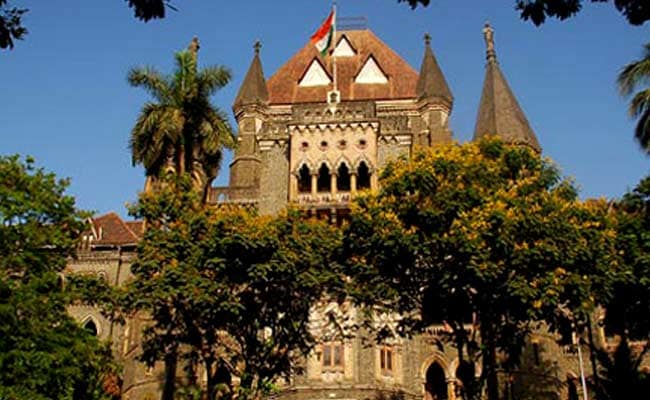
The Bombay High Court has issued a set of guidelines for cases related to sexual harassment of women at the workplace and stipulated that such matters will only be heard in-camera or in the judge's chambers and no media reporting on judgments will be allowed without prior approval.
The guidelines, the first such norms formulated by the High Court, related to conducting hearings, passing and uploading of orders, reportage on cases of sexual harassment of women at the workplace.
In a detailed order passed on Friday, a bench of Justice Gautam Patel said that henceforth, all proceedings under the Sexual Harassment of Women at the Workplace (Prevention, Prohibition and Redressal) Act (POSH Act), 2013, will only be heard in-camera or in the judge's chambers.
Orders in such cases will not be uploaded on a court's website, and the press will not report on a judgment passed under the Act without the court's permission, the High Court said.
Justice Patel said there did not exist any "established guidelines" so far for such matters and therefore, issued a "working protocol" for all future cases.
As per the order, breach of the guidelines or publishing the parties' names or, revealing their identities, even if such information already exists in public domain, will amount to contempt of court.
"Both sides and all parties and advocates, as also witnesses, are forbidden from disclosing the contents of any order, judgment or filing to the media or publishing any such material in any mode or fashion by any means, including social media, without specific leave of the court," the order reads.
The court said it was imperative that the identities of the parties involved in cases under the POSH Act was protected.
"It is imperative, therefore, to protect the identities of the parties from disclosure, even accidental disclosure, in these proceedings. This is in the interest of both sides. There appear to be no established guidelines so far in such matters," the High Court said.
"This order, setting out a working protocol for future orders, hearings and case file management, is a first endeavour in that direction," it said.
The guidelines further mandate that all records of such cases will be maintained in sealed envelopes and will not be issued to any person without permission of the court.
(Except for the headline, this story has not been edited by NDTV staff and is published from a syndicated feed.)
Track Latest News Live on NDTV.com and get news updates from India and around the world

